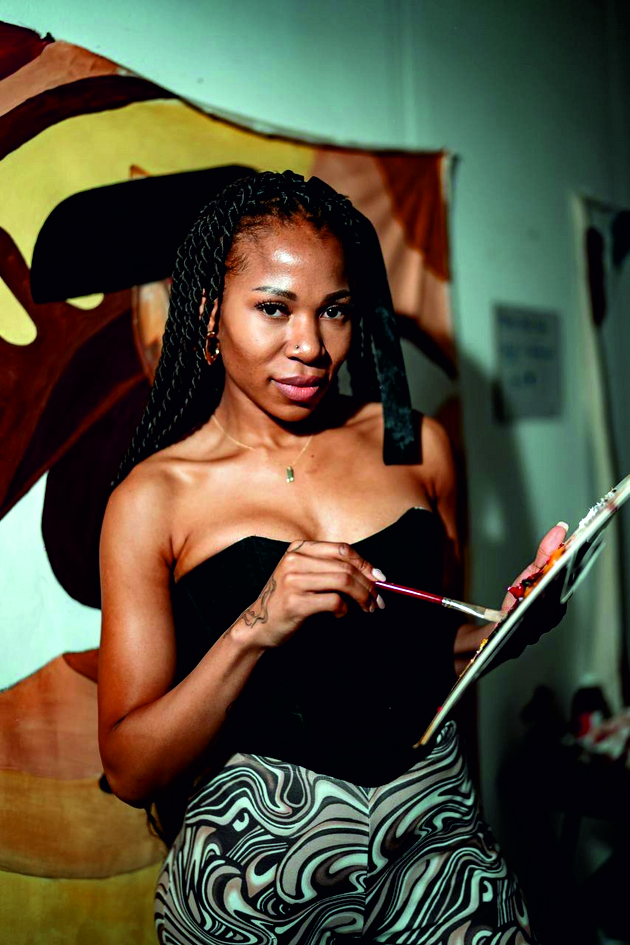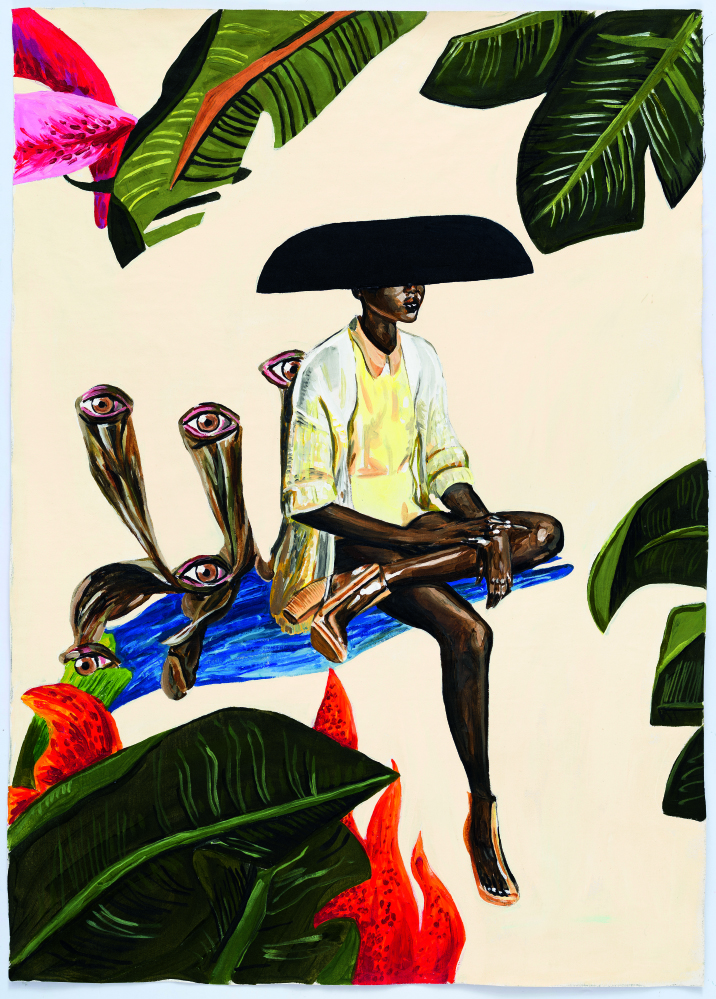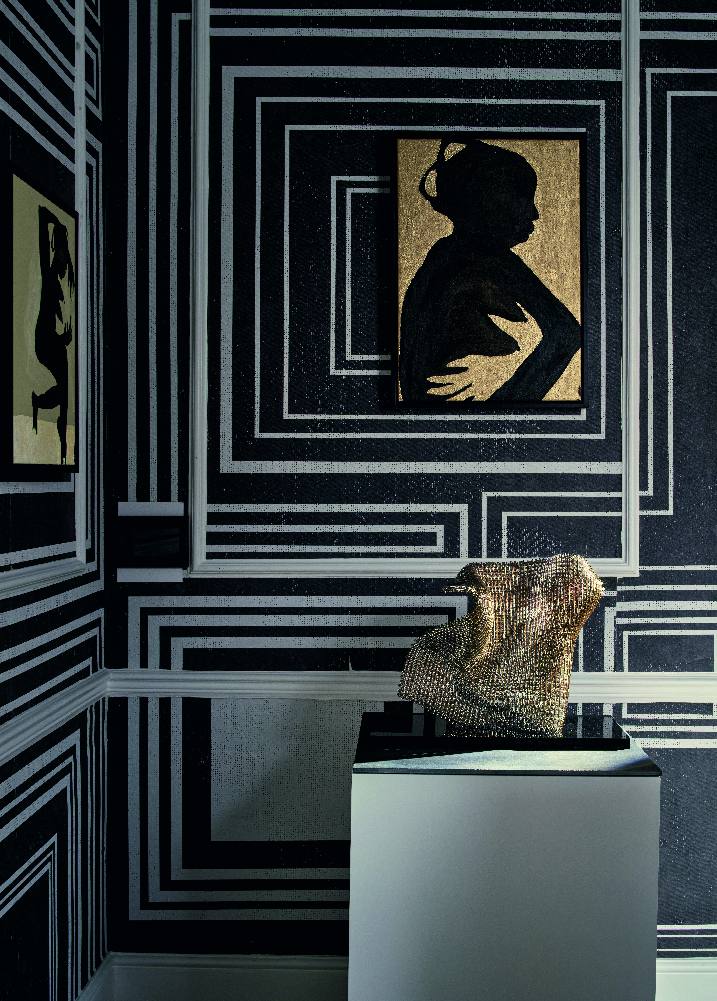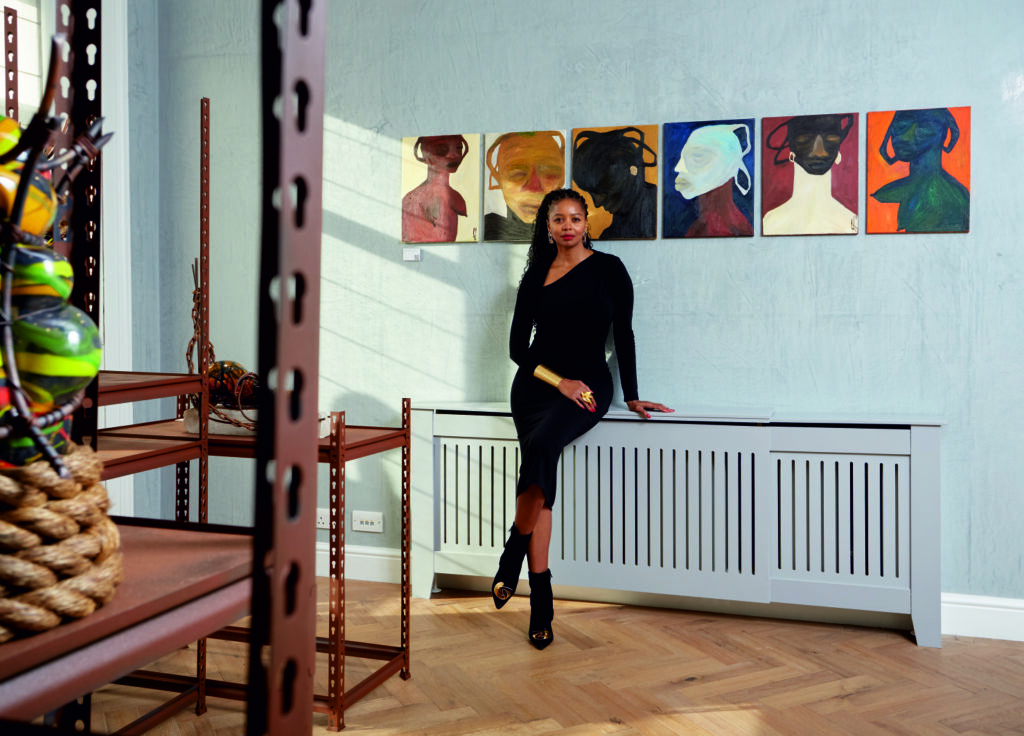A perspective on mental wellness for artists in the global south.
“He who without the divine madness comes to the doors of the Muses, confident that he will be a good poet by art, meets with no success, and the poetry of the sane man vanishes into nothingness before that of the inspired madmen.” – Plato
For millennia the suffering artist trope has romanticised what it means to make serious art and who gets to be perceived as genius. It lends to the idea that true artists are destined to lead melancholic lives, trauma-glued to their basement studios, if not an asylum, high on the fumes of their pain and paint. While the jury is still out on the link between creative individuals and mental illness, creatives are evidenced to be more psychologically adaptive and healthier, in some respects, than their less creative peers.
For many artists, particularly in the global south, this state of ‘health’ can be challenging to sustain. A creative career can contribute to a person’s wellness only as far as it is aligned with the individual’s holistic needs and goals. For artists in countries stricken by socio-economic challenges, commercial art is a commodity they cannot afford to make a living from despite their brilliance. Often, a creative career is an act of rebellion against familial and social expectations, and at times perceived as madness. Without adequate support, the pressure to work against the grain, to produce at volume in a competitive space, while summoning business acumen has led many to burnout. This is a non-issue only if we forget that artists have always been at the helm of revolution and progressive paradigm shifts in a society’s psyche. We tragically lose voices vital for the completion of the global human story to socio-economic and mental health challenges.
Undiscovered Canvas is a digital boutique art agency based in the south of France, founded by South African, Nomaza Nongqunga Coupez. Their vision is for an art industry that prioritises artist’s mental wellness through sustained support, particularly for artists in the global south. Headhunting and profiling underrepresented creatives alongside strategic investment allows creatives to grow in international markets they otherwise wouldn’t have access to.




Nthabisend Boledi Kekana is a South African artist from Alexandra Township, Johannesburg. Her understanding of the ethereal matter that makes us human, connecting us and universal life, is astounding for her age. Despite her brilliance, life in one of the country’s most notorious townships and being raised by a single parent left marginal room for her artistic genius to emerge. Her journey with Undiscovered Canvas dismantled these socio-political barriers, bringing forth a plethora of opportunities in France and London. Her latest collaboration with David Krut Projects is a forecast of the indelible mark she is set to leave in South African and international art spaces. Assured that her professional representation is in good hands, Kekana can unfurl at length the meditative practices that keep her work alive.
Nene Mahlangu, an artist whose upward projection is astronomical, describes art as her great teacher. “It has taught me to regulate my emotions, notice my mental state, and reflect on my spirituality.” She fears that the conversation around mental illness and creativity is often reductive, short-circuiting our humanity into a series of outputs: input depression – output artwork. She says, “Artists are people too, we deserve to be happy and successful and thrive just like anybody else”. Her mental health toolkit includes a healthy diet, getting enough sleep, embracing the outdoors, and filtering the content she consumes. She takes responsibility for what is within her control so when circumstances outside of her control occur, she can react from a holistically healthy place.
The art community needs to strive to support artist-centered, ethical initiatives. Art is the perfect ‘red table’ for a world in desperate need of cross-cultural dialogue. To paraphrase Franklin D. Roosevelt, to lose an artist is to lose part of the vision for mankind.












Leave a comment